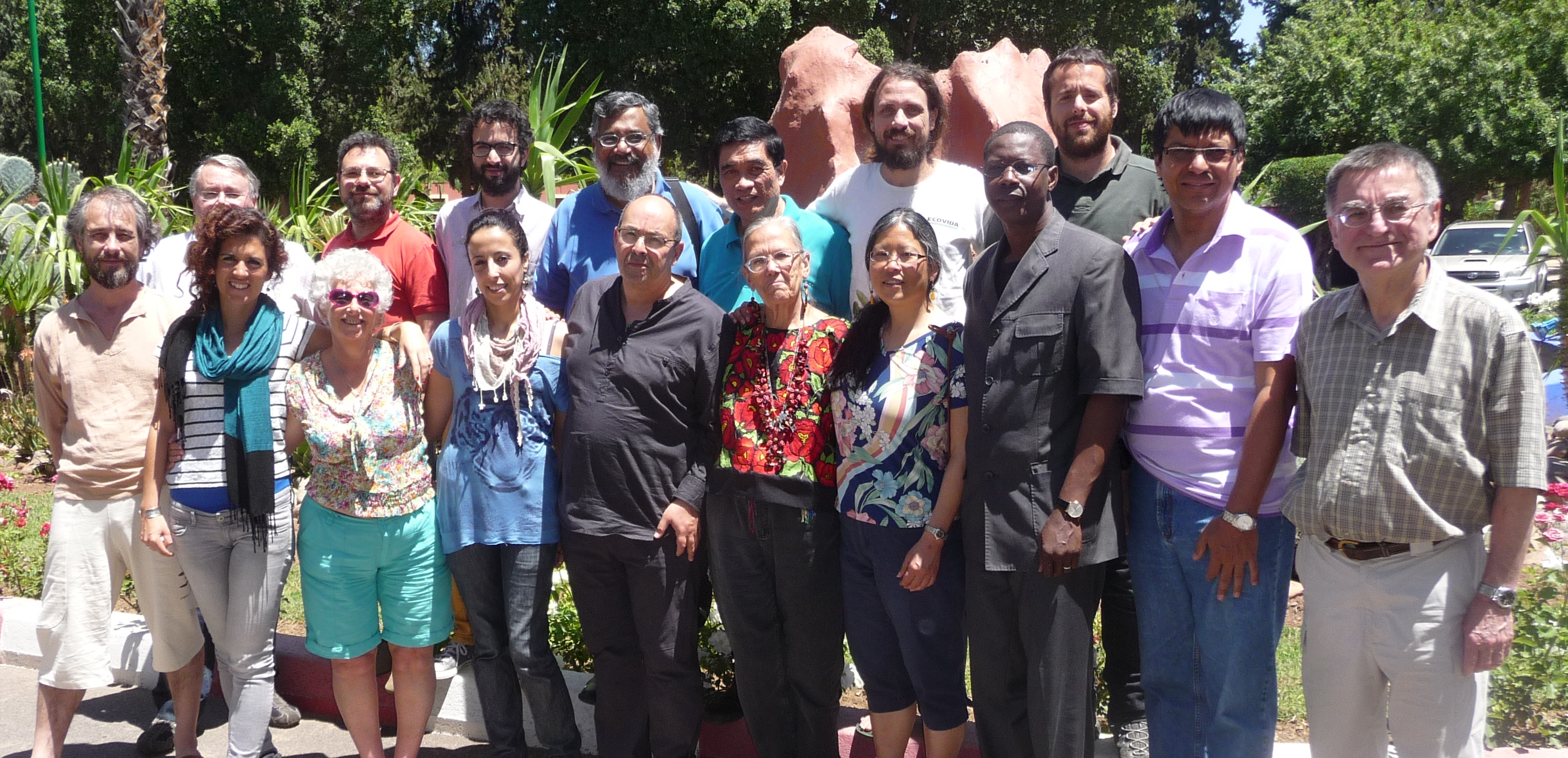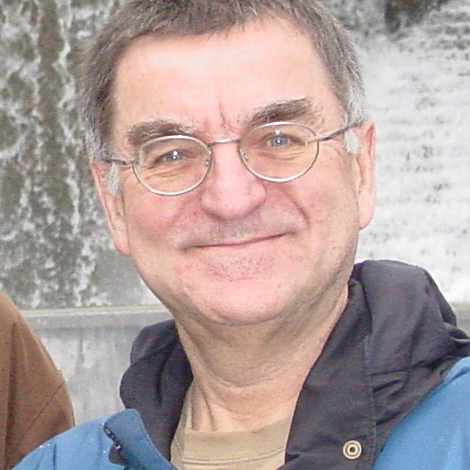 A meeting of the Intercontinental Network for the Promotion of the Social Solidarity Economy (RIPESS) Board of directors was held April 27 and 28, 2014.
A meeting of the Intercontinental Network for the Promotion of the Social Solidarity Economy (RIPESS) Board of directors was held April 27 and 28, 2014.
It was preceded (April 24 and 25) by the 3rd meeting of the African Social and Solidarity Economy Network (RAESS). More than 50 participants, from about 25 African countries, deepened their analysis of problems for development in Africa, and examined how SSE could make a difference. Fifteen participants from France and from the RIPESS Board of directors (two from Asia and myself) also attended. It is also very significant to mention that there were participants from several English-speaking countries, a first for RAESS.
During their presentations, several delegates from West Africa mentioned the partnership with the Centre d’études et de coopération internationale (CECI), a CCEDNet member and partner. In particular, its noteworthy to mention the presence of Madani Koumaré, the President of RENAPESS, the network in Mali. He is a long time CCEDNet partner.
The Moroccan network, REMESS, had a strong presence with more than twenty participants from across the country, as well as several representatives of the Ministry of Handicrafts, responsible for SSE in the government. There were also representatives from various sectors of government, including the Office of Development and Cooperation. The opening plenary, at the City Hall, was quite striking with interventions, including the governor of the region of Marrakesh, which showed that SSE is recognized by various jurisdictions. RIPESS, through its coordinator, Ben Quiñones, reported the results of the Manila meeting held last October. www.ripess.org
Although SSE is alive and well in Morocco, great strides remain to be done. Poverty is still highly prevalent, especially in rural areas far from urban centers. Moreover, the legislative framework is insufficient. The adoption of a law is under consideration. To this end the Social Economy Act adopted in Quebec in October is attracting interest.
For its part, the Board of Directors has established RIPESS areas of work for the next two years, such as the promotion of its vision, networking, communications and interventions in the debates on the adoption of the Post- 2015 Sustainable Development Goals (SDG). Finally, following the practice of a rotating political coordination at the Board level, this responsibility will be assumed by RIPESS Latin America and the Caribbean for the next period.
Yvon Poirier is President of CCEDNet’s International Committee and Secretary of the Board. He has a long history of involvement in the labour and social movements in Québec and Canada and has been very active in the Intercontinental Network for the Promotion of the Social Solidarity Economy (RIPESS). He represents the CDÉC de Québec in CCEDNet.






